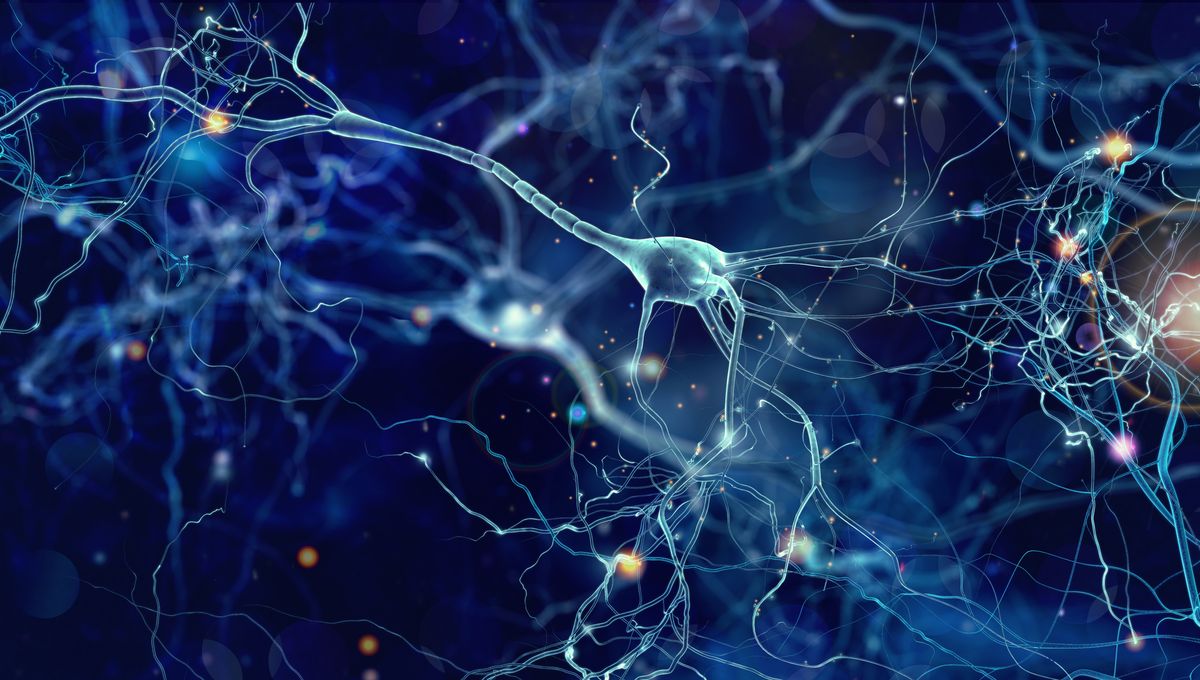
According to a major new analysis, neurological conditions have now overtaken cardiovascular disease as the leading cause of ill health and disability globally.
Using data from the 2021 edition of the Global Burden of Disease, Injuries, and Risk Factors Study (GBD), researchers examined the impact of 37 different neurological conditions – including stroke, Alzheimer’s disease, and meningitis – on ill health, disability, and premature death across the world.
This was measured in what’s known as disability-adjusted life years (DALYs) aka how many years of healthy life were lost as a result of the neurological conditions. The researchers found that between 1990 and 2021, the global number of DALYs caused by neurological conditions had increased by 18 percent, from around 375 million to 443 million.
They also discovered that in 2021, the number of people who experienced a nervous system condition hit 3.4 billion, with the top contributors including stroke, neonatal encephalopathy (a type of brain injury that occurs in babies), nerve damage due to diabetes, and epilepsy.
The findings mark a higher burden of neurological conditions than previously thought, and one that now makes them the biggest global contributor to ill health. The study authors attribute this increase to a growing and aging population, as well as increased environmental, metabolic, and lifestyle risks.
There’s a spot of good news in amongst the bad though: if the impacts of an increasing and aging population are removed from the equation, DALYs and deaths have actually decreased since 1990, which the researchers suggest is down to better awareness, prevention, and vaccination.
That being said, the data still shows an increasing burden overall, but the researchers also identified some of the key ways in which the crisis could be tackled.
For example, though it was difficult to get a full picture of the impact in low and middle-income countries (LMICs) due to quantity and quality of data, the study suggests that those countries are bearing the brunt of the increase.
“Nervous system health loss disproportionately impacts many of the poorest countries partly due to the higher prevalence of conditions affecting neonates and children under 5, especially birth-related complications and infections,” said co-senior author Dr Tarun Dua, unit head of the World Health Organization’s (WHO) Brain Health unit, in a statement. “Improved infant survival has led to an increase in long-term disability, while limited access to treatment and rehabilitation services is contributing to the much higher proportion of deaths in these countries.”
The researchers also suggest that prevention should be a top priority. “Because many neurological conditions lack cures, and access to medical care is often limited, understanding modifiable risk factors and the potentially avoidable neurological condition burden is essential to help curb this global health crisis,” said co-lead author Dr Katrin Seeher, mental health specialist at WHO’s Brain Health Unit.
How healthcare organizations and policymakers approach this is likely to be complex – neurological conditions are diverse, and what works for some might not work for others, and that’s not even taking into account potential social, cultural, and economic barriers.
As lead author Dr Jaimie Steinmetz concluded, “Nervous system conditions include infectious and vector-borne diseases and injuries as well as non-communicable diseases and injuries, demanding different strategies for prevention and treatment throughout life.”
“We hope that our findings can help policymakers more comprehensively understand the impact of neurological conditions on both adults and children to inform more targeted interventions in individual countries, as well as guide ongoing awareness and advocacy efforts around the world.”
The study is published in The Lancet Neurology.
Source Link: Neurological Conditions Are Now The Number 1 Cause Of Ill Health Worldwide